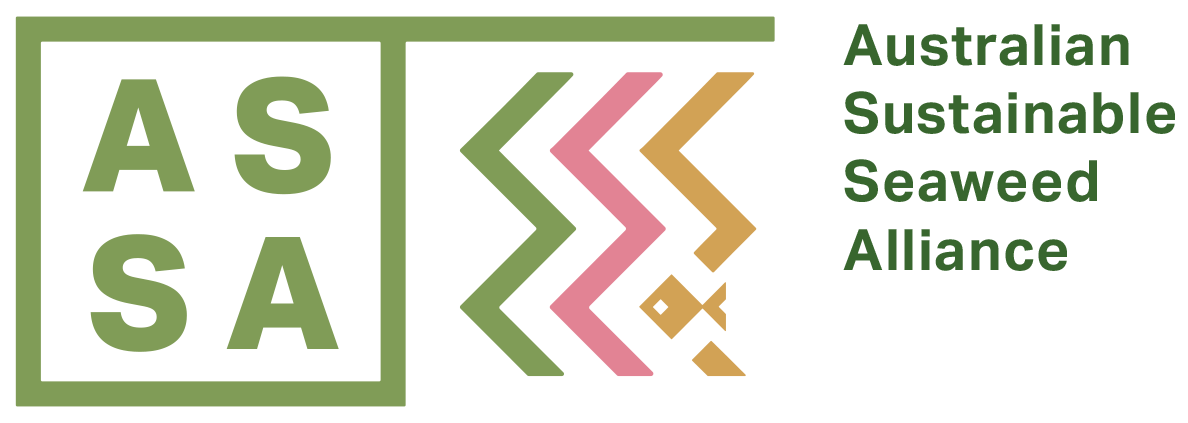Methane-reducing seaweed project focus swings to producing ‘at commercial scale’
Sea Forest Co-Founder and CEO, Sam Elsom with Sea Forest CTO, Dr Craig Sanderson. Image source: Sea Forest
THE move towards production of commercial quantities of the methane-reducing asparagopsis seaweed is making rapid progress, a Brisbane beef industry audience was told last week.
Speaking at the Australian Meat Industry Council’s Innovation Muster, Eve Faulkner from seaweed project commercial developer FutureFeed, told the audience that the venture was now in its commercial application phase, focusing on commercial-scale production of the seaweed for use in the broader beef industry.
“The next stage of the project is that we need the seaweed in volume,” Ms Faulkner said.
“It is a seaweed that occurs naturally along the coast of Australia and New Zealand (there are tropical and temperate forms, assisting year round production cycles) but it has never been cultivated before.
“But there are people (licensees and collaborators) in Australia and overseas now making great progress in the challenge of producing commercial quantities of the seaweed, for use in livestock industries.”
The Australian Sustainable Seaweed Alliance had suggested that the Australian seaweed industry could be worth around $100 million by 2025, and grow to $1 billion in annual value over the next 20 years, she said.
As part of that, FutureFeed is working with regulators in the development of certification standards, designed to give consumers the confidence that the steak they see on their plate lives up to the scientific rigour and any low methane claims that are being made.

